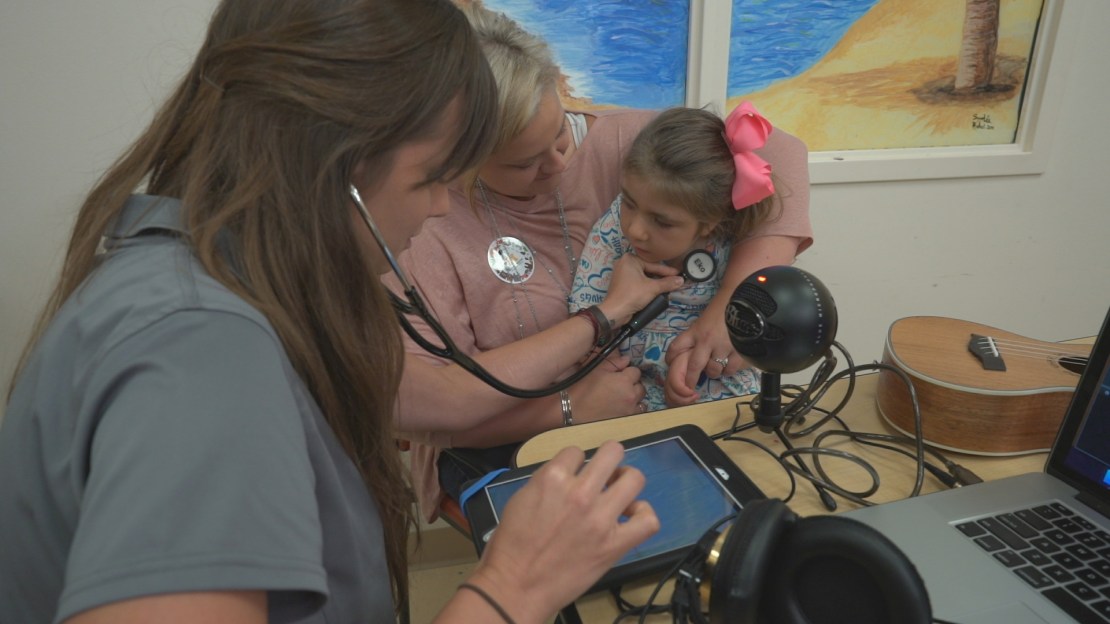John Tolley, November 3, 2019
We?re surrounded by them constantly. We couldn?t live without them. But maybe it?s time we took a step back and asked: what are plastics?
There?s a whole galaxy of materials that fall under the umbrella of plastics, even some dating as far back as 1600 BC, but what we generally think of as plastics are thermal plastics. They?re polymers made from organic materials, often crude oil based, that are arranged together chemically and set with heat.
According to Nien-Hwa Linda Wang, the Maxine Spencer Nichols Professor of Chemical Engineering at Purdue University, these polymers boast a wide-range of positive properties, such as their light weight, low cost and ease of manufacture. But with all that ease comes a downside.
?Over the last 15 years, [people] have developed this single-use and throwing away living lifestyle,? says Wang. ?And, this is very serious problem because once they are in the landfills or in the oceans, it is very difficult, very costly to retrieve them. In the natural environment, they can decompose slowly into micro plastics, nano plastics and release all kinds of toxic chemicals like antioxidants, dyes, plasticizers, into the surrounding water. This is a very serious threat to the marine life and the ecosystem in the oceans.?
As most things jettisoned into our immediate environments eventual make their way to the earth?s oceans, Wang notes that the cost to clean them would be almost unimaginable. For perspective, current technologies cost around three-cents per gallon to filter. The earth?s oceans contain 352,670,000,000,000,000,000 gallons of water, far outstripping our global GDP.
If that alone wasn?t enough to frame our problem with plastics, further statistics and projections certainly will. Of the plastics produced worldwide in the past 50 years, half was produced in the last 15, a sign of a rapidly growing tide of polymers. Scientists warn that by as soon as the year 2050, there could be more plastics than fish in the ocean by weight.
For these reasons, Wang and her colleagues at Purdue are working on solutions that will help stem this tide. What needs to be done, she says, is for plastics to be diverted away from landfills and the environment via incentivized recycling programs that accept clean plastics.
Wang is working on the next piece of the puzzle, which is creating a clean technology that converts plastic waste in profitable, useful products. The hope is this will motivate industry to implement this technology, to reduce the waste and reduce the risk to the environment. The way Wang is doing that is by converting waste plastic into another family of products we already use quite a lot.
?We can convert into for example, the milk jugs into diesel fuels, clean diesel fuels, we can come convert the caps of the water bottles - polypropylene is type five - we can convert them into gasoline,? Wang explains. ?So, these will be, very useful products and this will reduce the crude oil, used to make the gasoline. And we can convert them into high purity polymers again, preserving the molecular weight structure and the energy used in making this long polymers. And this will be, the most profitable approach for industry.?
Her system works by using supercritical water to dissolve plastic polymers down to their essential molecular state. These monomers can then be reassembled into new products, ranging from fuels to another generation of plastic products.
The first hurdle is creating a recycling system that incentivizes the return by consumers of cleaned and sorted plastics. Removing this level of labor-intensive work will drive down production costs. The next step is creating a second life for these base monomers that is profitable enough to drive industrial participation and innovation.
?Industry will not do anything without profit,? notes Wang. ?Industry exists for profit. So, that will create a driving force to reduce the waste. Right now, the old technologies are limited in converting the waste into useful products. The plastic waste [is made] into a park bench or garbage cans, but how many park benches or garbage cans that can we make? Or, can we sell? That's why there's no activity. But if the process is commercialized on a large scale, they can convert them into waxes, into pristine polymers, and that will make profit for industry and this will drive activity, to reduce the waste. Without profit, nothing will happen.?







 See what's coming up live on B1G+ every day of the season at BigTenPlus.com.
See what's coming up live on B1G+ every day of the season at BigTenPlus.com. 